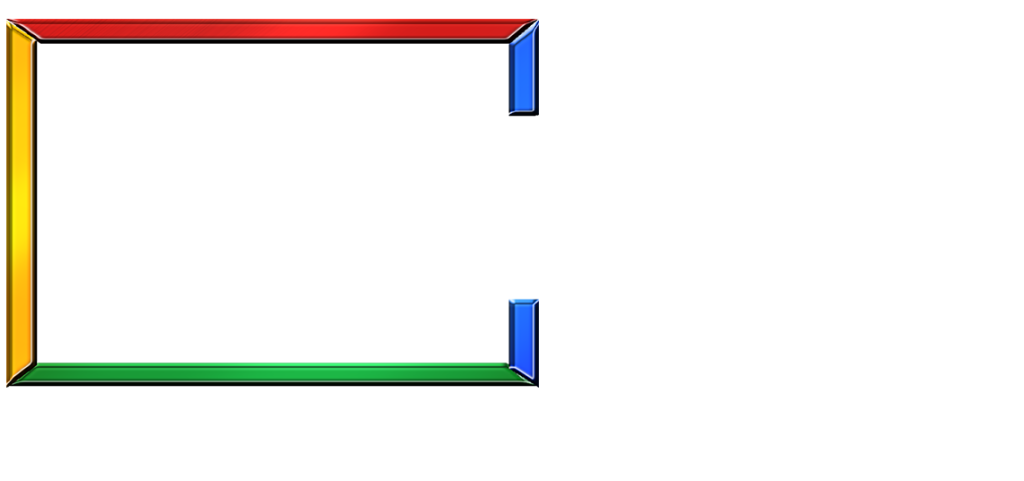DevOps Services
- Home
- DevOps Services
Automate and Improve with Our DevOps Services
We can help you realize the benefits of DevOps—without the pitfalls. ClickEdge DevOps services help you streamline workflows and improve operations.
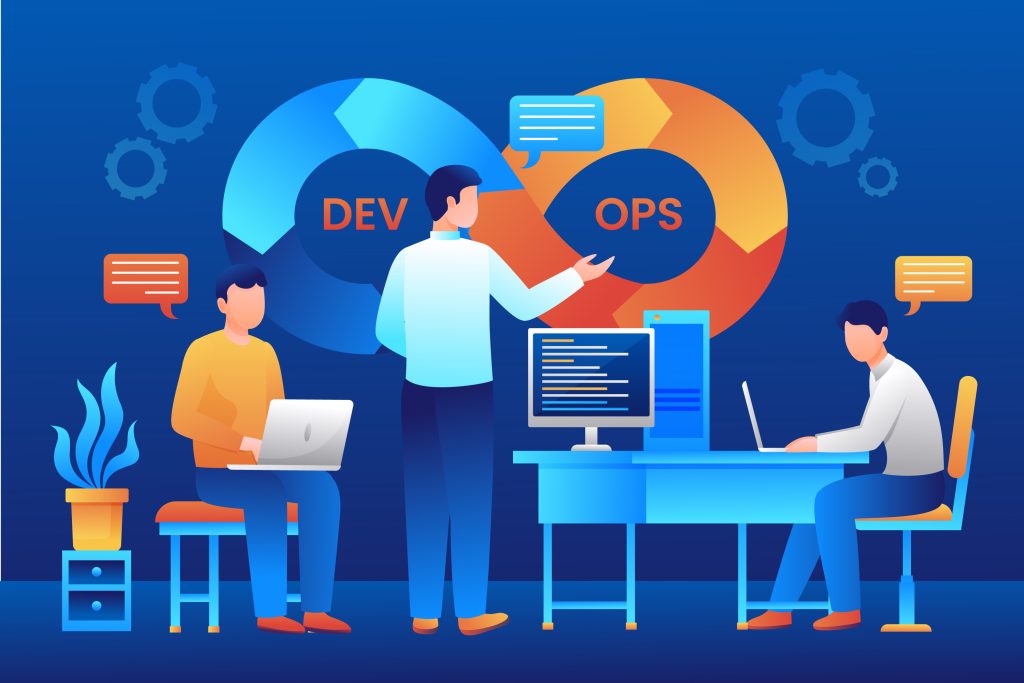

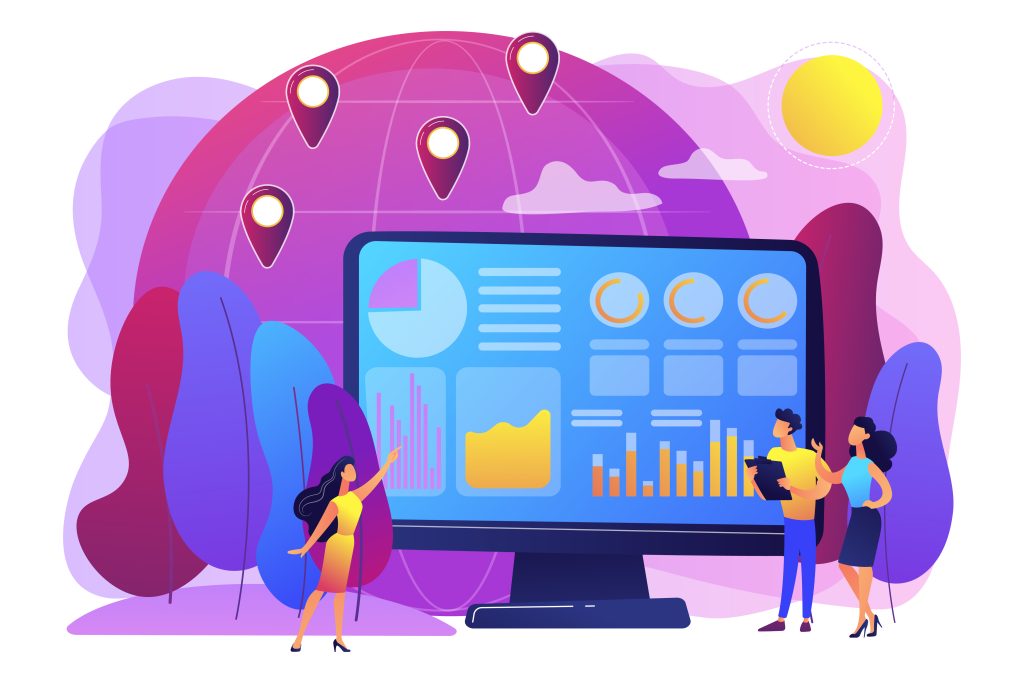
The ClickEdge Advantage
We analyze your IT infrastructure, business goals, and technology stack
to determine the best way to meet your needs.
Find Opportunities
We analyze the market and your competition, then take an in-depth look at your user personas and current technology.
Lay the Foundation
We develop style concepts, a preliminary design, and a prototype, then establish a cost estimate and timeline.
Monitor and Support
Our iterative approach lets you provide feedback early and often, with testing and integration until the final product is ready.
Streamline Processes
We help eliminate wait times, manual processes, and lengthy reviews to move projects from requirements to release faster.
Remove Silos
We help you resolve communication and priority problems by getting development and operations teams out of silos.
Fill Knowledge Gaps
Our consultants have the DevOps expertise to help you optimize your IT infrastructure and streamline workflows to maximize your ROI.
Our DevOps Services
Our DevOps specialists help you achieve greater efficiency and productivity.
DevOps Consulting
Our DevOps consulting service helps you leverage DevOps best practices to increase delivery speed, improve release quality, reduce costs, and minimize operational failures.
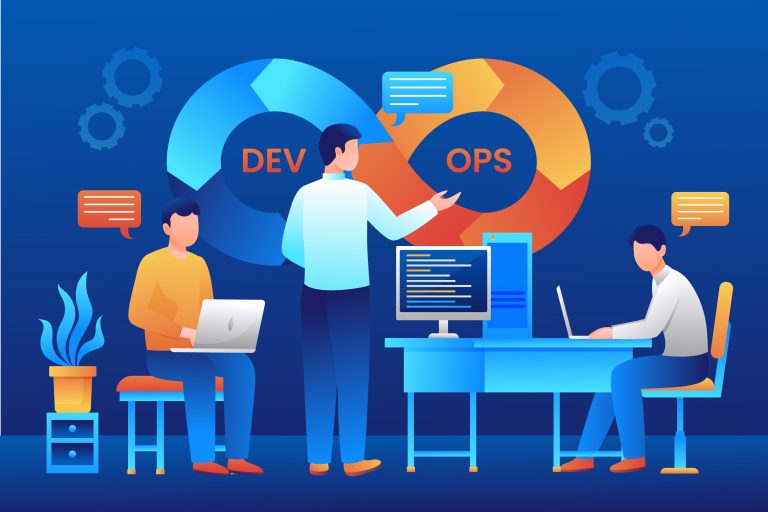

Infrastructure Automation
Infrastructure automation uses technology to perform repetitive tasks involved in controlling hardware, software, networking components, operating systems, and data storage components. Our infrastructure automation service helps reduce IT costs, human error, and the burden on your administrative staff. Your users will see immediate value.
CI/CD
Continuous Integration and Continuous Delivery (CI/CD) uses automation technology to integrate code changes from multiple sources into a single software application. Now, multiple developers can work on different features of the same app simultaneously. You can monitor the entire application lifecycle, from integration and testing to delivery and deployment.
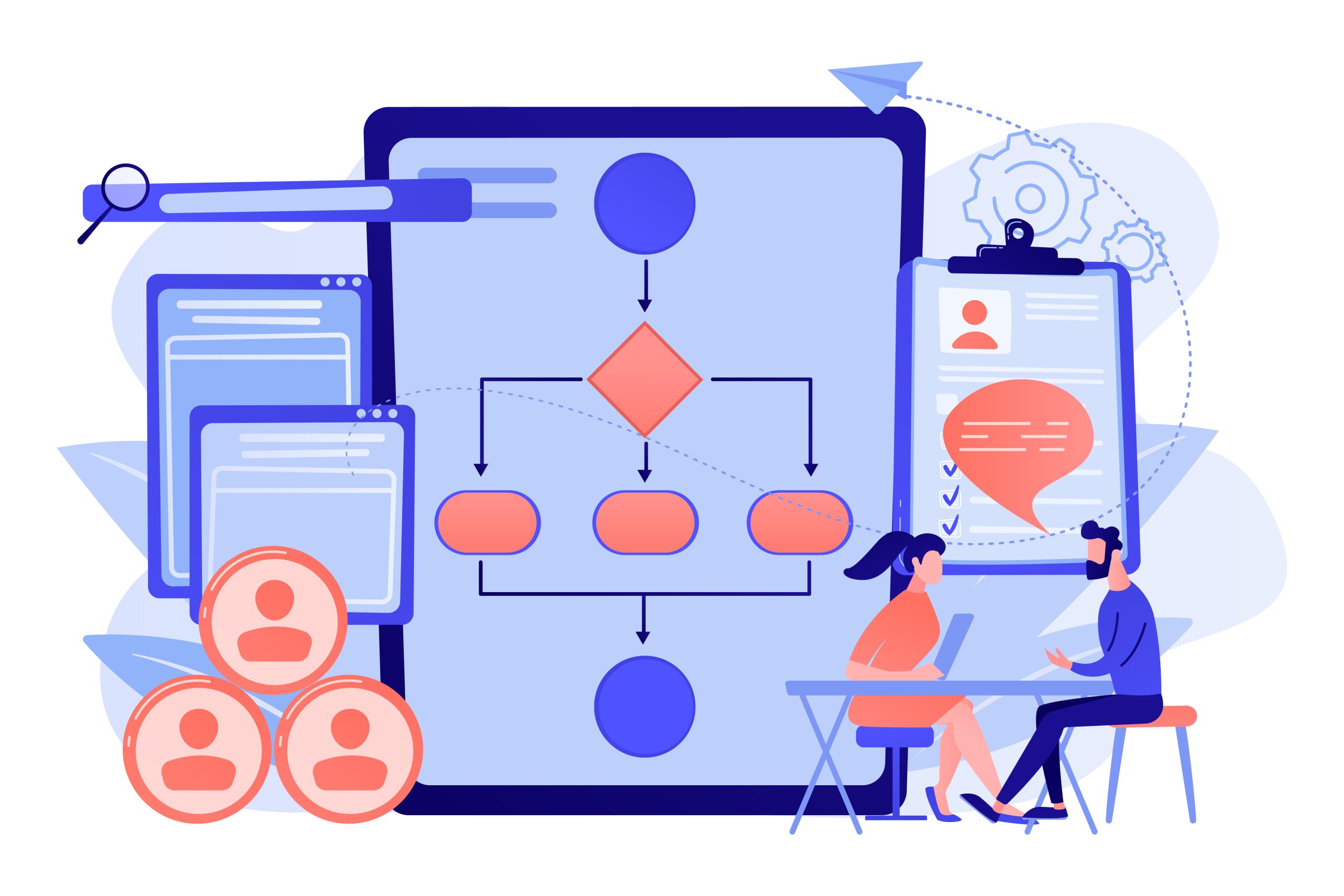
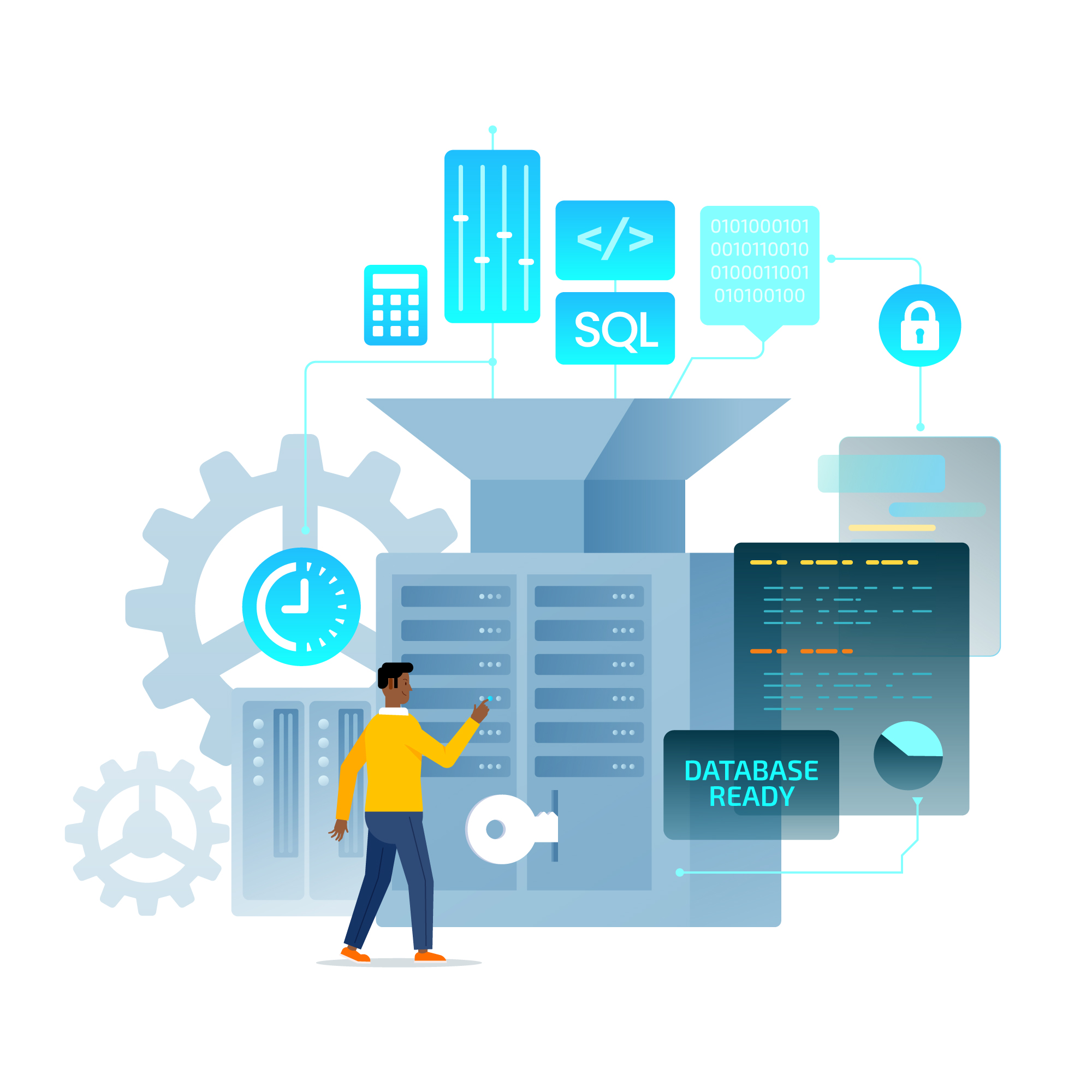
Infrastructure Monitoring
Infrastructure monitoring tracks your hardware, network, and application usage. It collects and analyzes this data to help you see where you can leverage technology to drive value and improve business results.
DevOps Configuration Management
Configuration management uses technologies to design, automate, and monitor system administration tasks, infrastructure management, and deployment. The goal is to maintain computer systems, servers, and software in a desired, consistent state as changes are made to the system. Since each step is consistent across all resources, you can prevent configurations from drifting. Detailed information on system configuration and version control is built into the process to avoid unnecessary duplication.
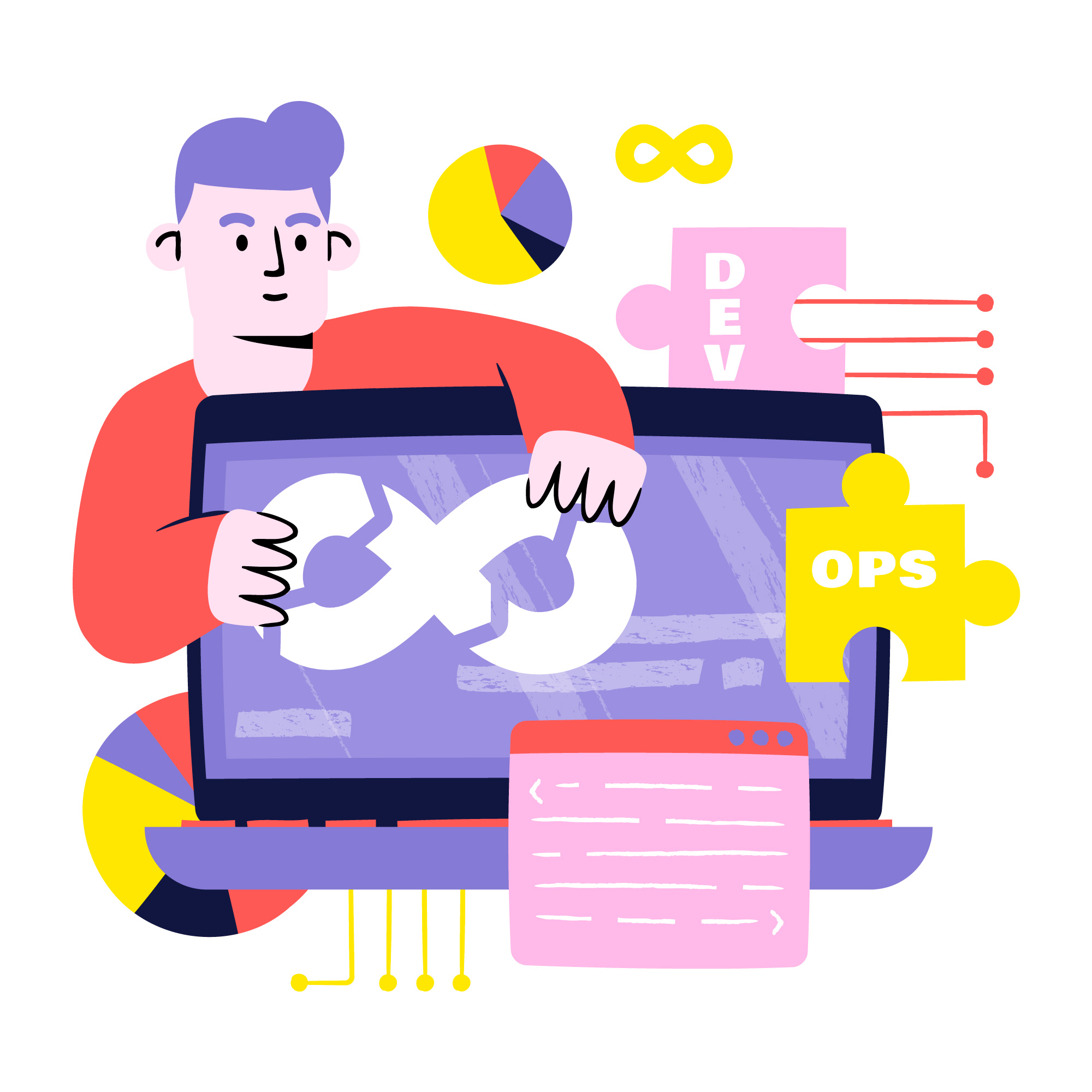
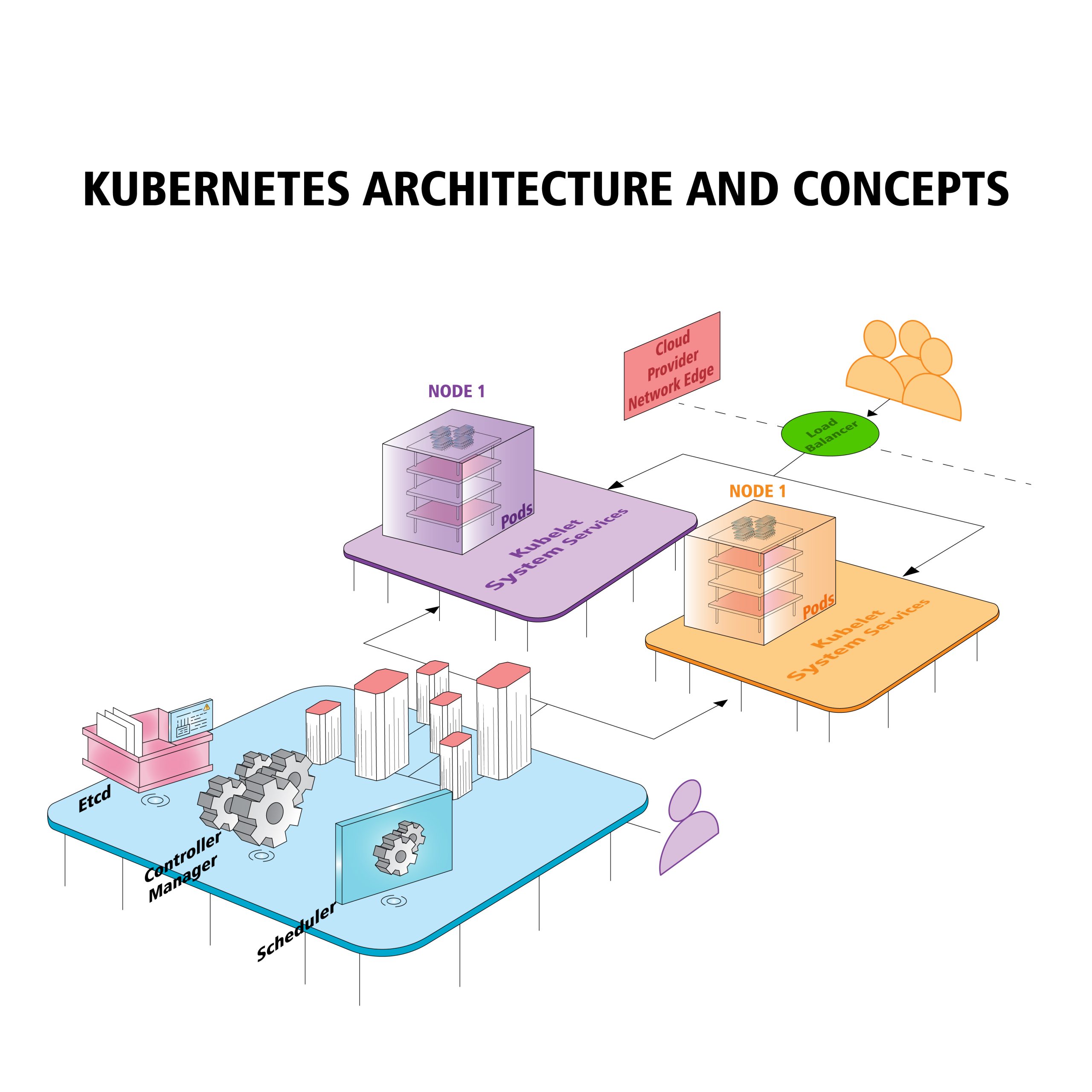
Kubernetes
An open-source API container-orchestration system, Kubernetes automates computer application development, deployment, and management at scale. It can also facilitate service discovery, balance workload, track resource allocation, and scale operations based on system utilization.
Our team can help you implement Kubernetes to simplify the orchestration of containerized apps. Workloads become highly portable among on-premise, hybrid, and multiple cloud environments while maintaining consistency.
Cloud-Native Development
Cloud-native development refers specifically to creating applications grounded in containers, microservices, and dynamic orchestration. Cloud-native DevOps enables businesses to structure processes that leverage automation capabilities and scalability of containers and Kubernetes.
Our team of experts can help you build cloud-native systems that are adaptable, scalable, and resilient.
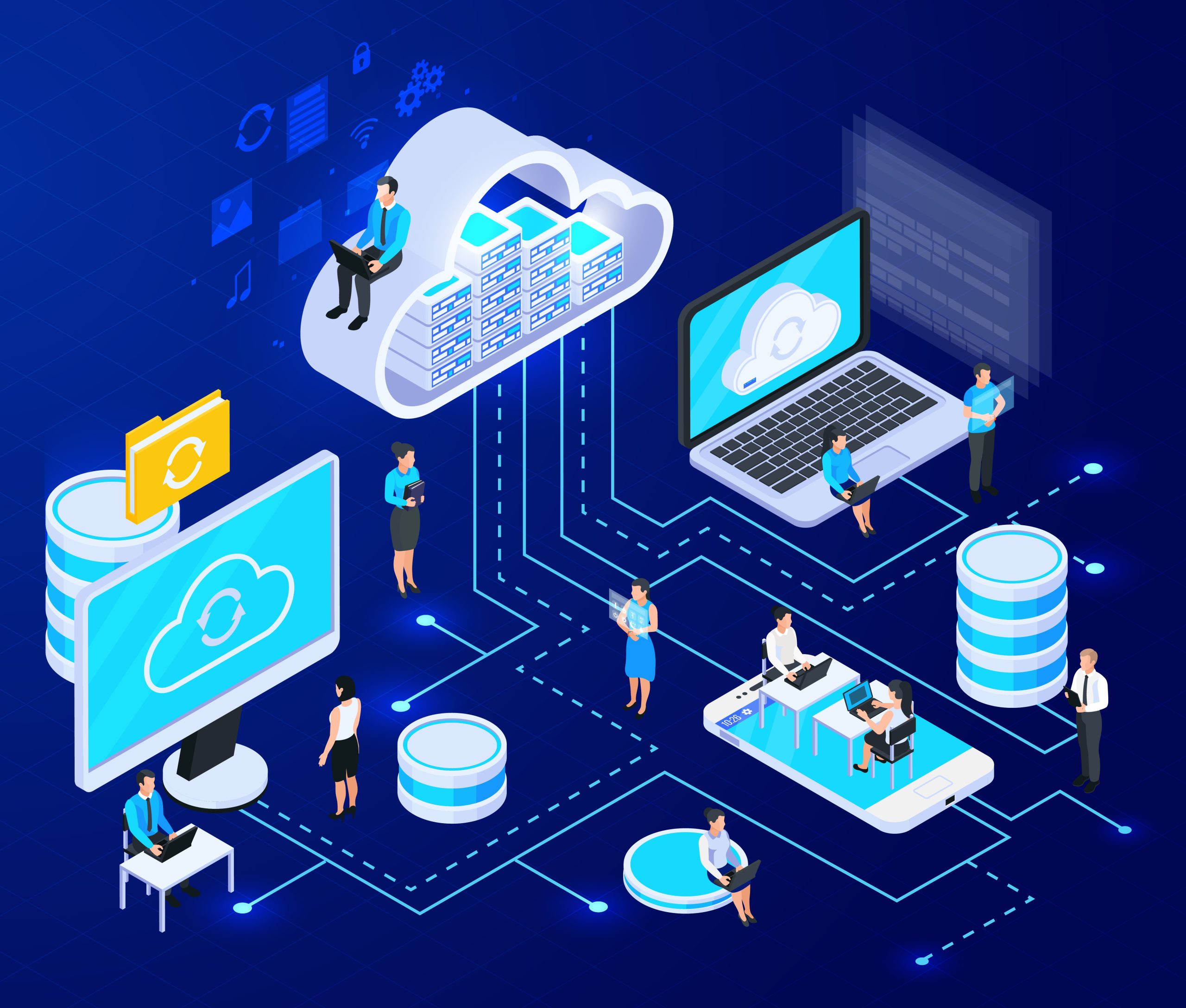
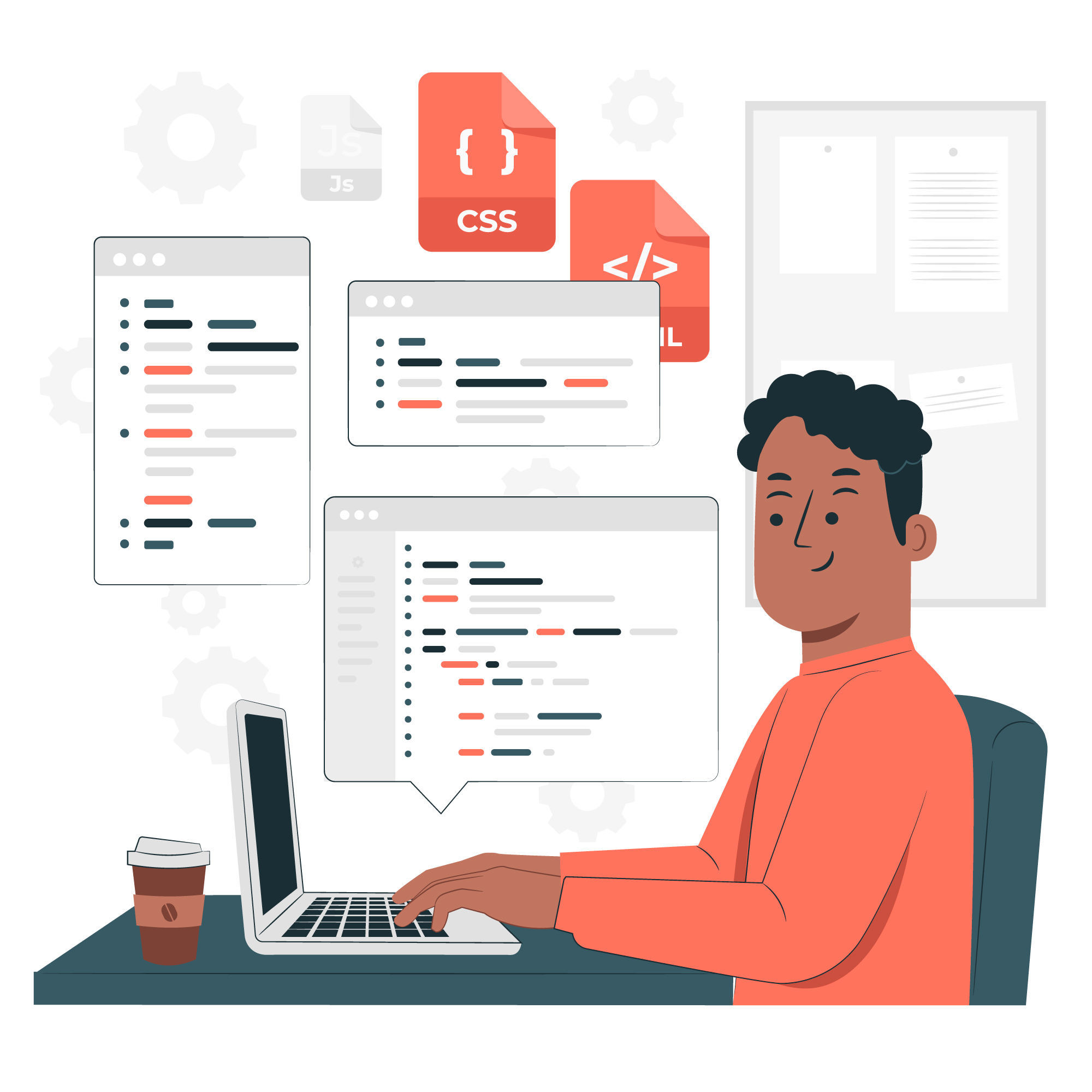
Terraform
Terraform is open-source Infrastructure as Code (IaC) software. Our team can help you incorporate IaC with Terraform to facilitate cross-team collaboration, prevent configuration drift, and improve flexibility.
Because Terraform is masterless, you can keep track of all configurations and distribute updates without creating a master node. This saves infrastructure and maintenance costs associated with adding master nodes to your system.
DevOps on AWS, Azure, and GCP
ClickEdge can quickly get you up and running on the most popular cloud platforms, such as Amazon Web Services (AWS), Microsoft Azure, and Google Cloud Platform (GCP). These platforms are built for scale and provide flexible services that allow you to develop and deliver products rapidly and reliably.
Many provided services are programmable and support automation to improve cost efficiency.
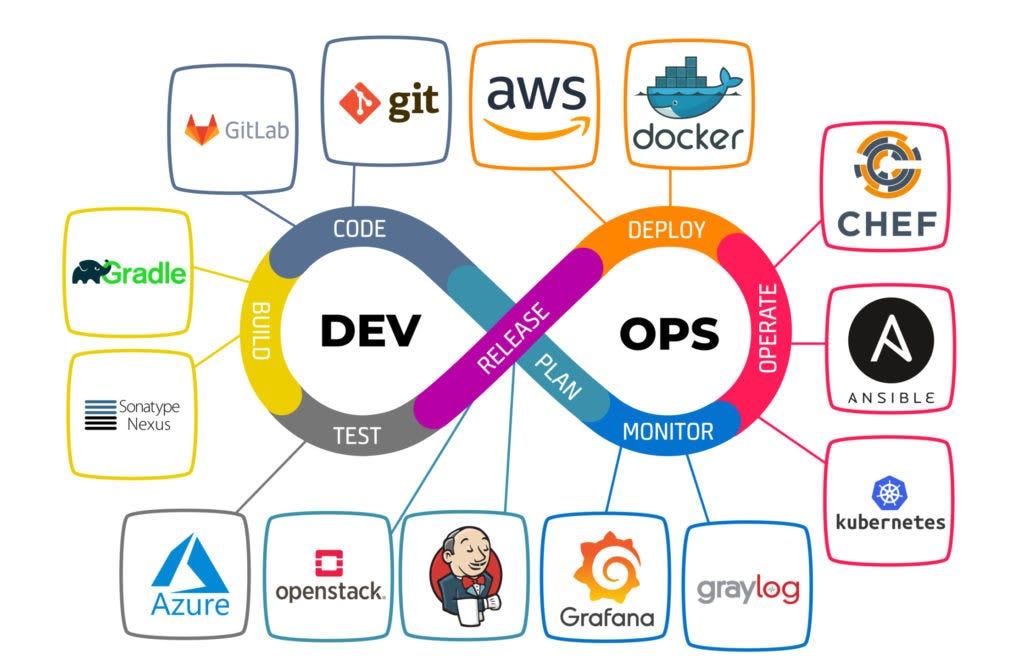
What It Looks Like
Systems analysis to find areas of improvement.
CI/CD to establish a solid foundation.
Monitor performance to gain leverageable insights.
Ongoing support to ensure long-term success.
Our Process
Analysis
To explore your vision, customer and the problem to be solved.
Design
To craft the look, feel and flow of your product.
Development
To iteratively build the perfect product to meet your goals.
Release
To get your finished product out to your customers.
Support
To maintain and improve your product over time.
Custom DevOps Services for any size business
For Startups
To establish a strong digital presence, attract early adopters, and secure growth.
For Businesses
To engage customers, boost loyalty, and expand market reach.
For Enterprises
To streamline operations, elevate productivity, and amplify brand visibility.
A Product Team Dedicated to You
Ramp Up Quickly and Effectively

Kickstart your dream project with us
Contact us today to discuss your needs
with our solution consultants.
The product owner acts as the liaison between the development team and stakeholders. Their purpose is to ensure the app meets business objectives and user needs.
Subject Matter Experts (SMEs) have expertise in specific processes, practices, regulations, or user needs associated with the project. SMEs have practical experience and a thorough understanding of domain nuances and challenges involved.
The Project Manager (PM) advocates for the customer. They oversee the entire development process, keep the project on track, align team members, communicate with stakeholders, and ensure timely delivery.
The BA ensures business goals and user goals are clear to the product team. They collaborate with stakeholders to identify, analyze, and translate them into functional specifications for the development team.
The product designer focuses on creating an intuitive and visually appealing user experience. They conduct user research, design wireframes and prototypes, and collaborate with developers regarding interfaces.
The software engineer develops front-end and back-end components of the software (UI, server-side logic, APIs, databases) and integrates external services, ensuring a secure, scalable, and efficient software solution.
The DevOps engineer focuses on app security, scalability, and performance. They automate and streamline the app deployment and maintenance processes and set up integration and delivery pipelines.
Quality Assurance (QA) specialists check the software’s quality before it’s released to users. They perform manual and automated tests, identify and resolve issues, create test plans, report and track issues, and ensure app stability and reliability.
